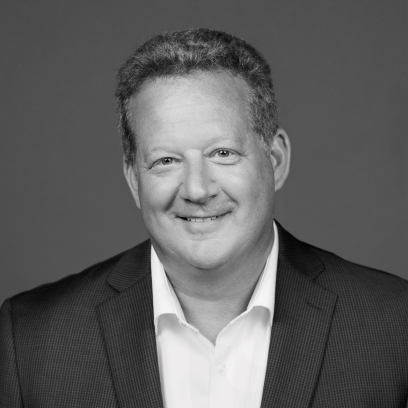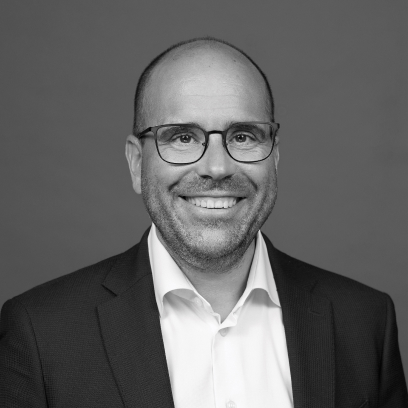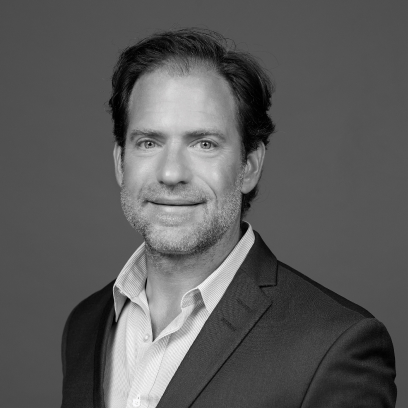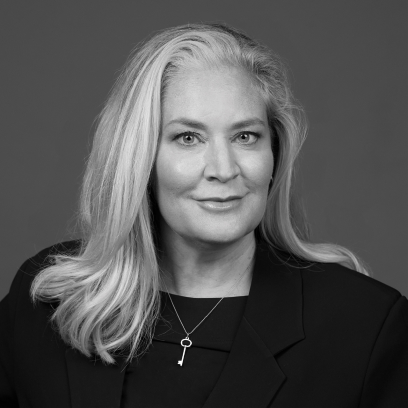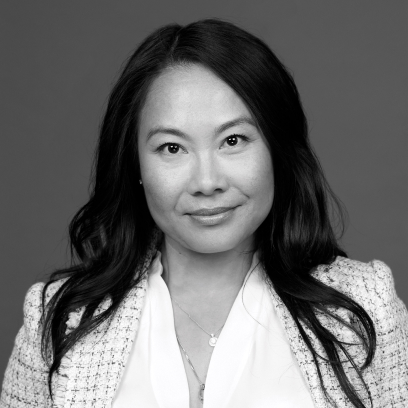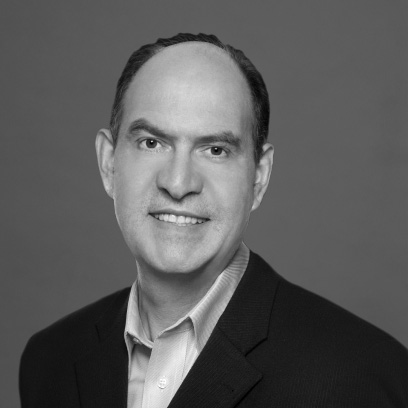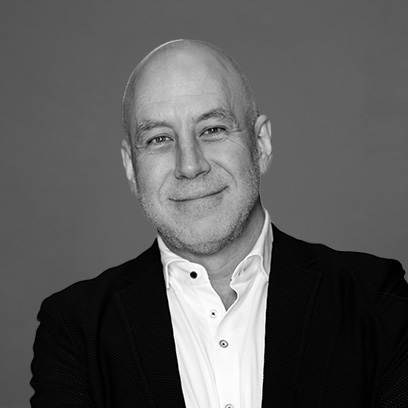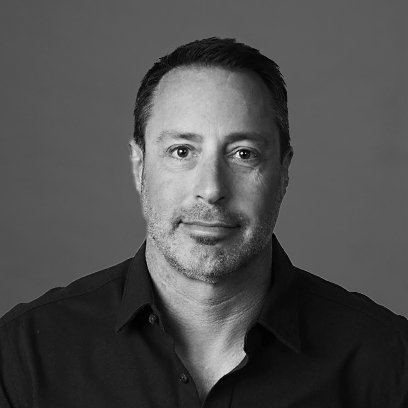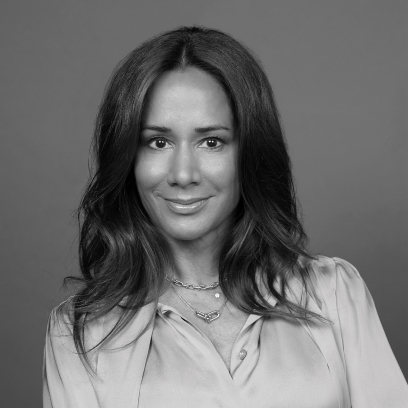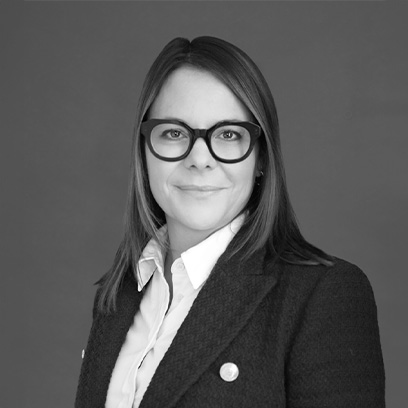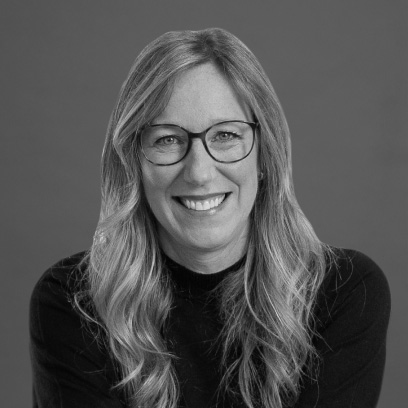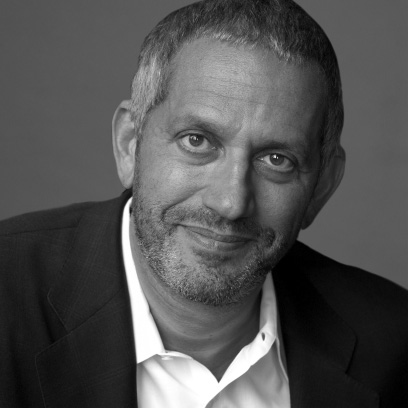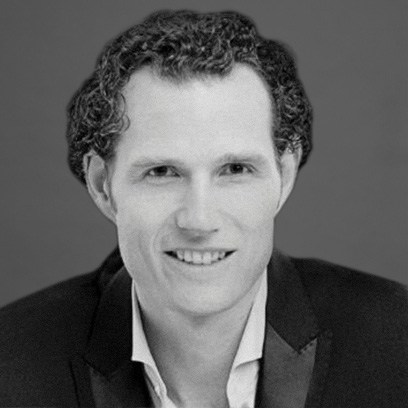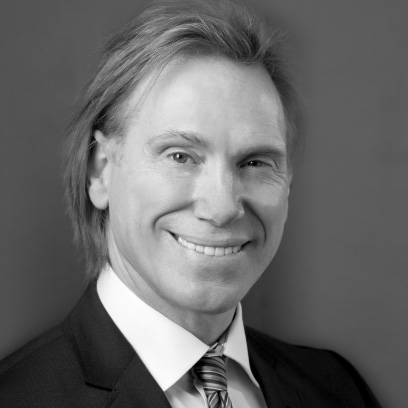Candidates, voters weigh in on the fine art of door-to-door election campaigning
Some say a generational divide exists, but voters wanting accessible candidates is ageless
Linda Justason says she hasn't had anyone knock on the door of her Florenceville home during this New Brunswick election so far, but if someone did, it just might influence her vote.
"Then I'd have the opportunity to ask them the questions that I would like to ask that they haven't answered yet," she said.
But door-knocking by election candidates or their campaign workers can only go so far in influencing someone's vote, according to Alex Marland, a political scientist at Acadia University.
"Lots of research says that most voters vote based on the leader and the party, and so the local candidate matters a lot less," he said.
"People are socialized into voting for a party regardless of who the candidate is."
 Linda Justason of Florenceville says she would appreciate someone coming to her door to campaign. (Shane Fowler/CBC)
Linda Justason of Florenceville says she would appreciate someone coming to her door to campaign. (Shane Fowler/CBC)
That doesn't mean door knocking isn't important, said Marland.
While going door to door during campaigns was hugely popular in the late 20th century, as more and more attention was paid to leaders and related news coverage it started to be perceived as a "meaningless ritual."
Now the practice is enjoying a renaissance, he said.
"It's more than just getting election signs," he said. "It's about trying to find a competitive edge.… Knocking door to door used to all be done on clipboards, but instead, now people are able to use tablets and their phones, and information can go … into a database.
"Then you can use that for robo-calling, you can use that for email blasts, you can use that for texting. And so it really fits into a lot of the persuasion and mobilization of a campaign."
 Marland
says there isn’t much research on whether people will actually vote for
a candidate who canvasses their neighbourhood, even if they say the
interaction has changed their mind. (Acadia University)
Marland
says there isn’t much research on whether people will actually vote for
a candidate who canvasses their neighbourhood, even if they say the
interaction has changed their mind. (Acadia University)
With a provincial election coming up on Oct. 21 in New Brunswick, the longstanding tradition of door-knocking has been ongoing across the province for the last few weeks.
For voter Troy Spilman, who lives in the Fredericton area, the candidate matters more than the party.
Door-knocking might influence his vote, he said, "if the person was actually an individual and knocked on my door and had a real conversation and made it believable and didn't give me a bunch of cliches."
 Troy Spilman says he thinks the candidate matters more than the party. (Shane Fowler/CBC)
Troy Spilman says he thinks the candidate matters more than the party. (Shane Fowler/CBC)
Kris Austin, the PC candidate in Fredericton-Grand Lake, said for him, it's a way to get a direct message across with no filters, while also hearing from voters directly about what issues matter to them.
Generational perceptions
But is door-knocking received the same way by the youngest voters as it is by Generation X and Baby Boomers?
Astyr Johnson, a first-time New Brunswick voter, said if a politician took the time to come to his door during an election, it might have an impact on his vote.
 Kris
Austin, the PC candidate in Fredericton-Grand Lake, says that for him,
door-knocking is a way to get a message across with no filters. (Aniekan Etuhube/CBC)
Kris
Austin, the PC candidate in Fredericton-Grand Lake, says that for him,
door-knocking is a way to get a message across with no filters. (Aniekan Etuhube/CBC)
"As a student who doesn't really have a lot of time to just sit down and actually research into what each party is trying to enact or to develop with this election, it's pretty helpful to kind of get that right in front of you," they said.
But Johnson said that method might not work for every 18-year-old or Generation Z voter because there isn't a "cut or paste," one-size-fits-all method.
Austin said there is no question there are different ways to connect with different generations. The most important thing is to "make yourself accessible," he said.
"The younger demographic … some of them are fine with a, you know, Facebook message or a tweet, or, you know, maybe a direct text message of back and forth sort of thing.
"But what's not different is people do want to hear from their candidates. They want to hear what they think and what they plan on doing going forward."
 Astyr Johnson is a first-time New Brunswick voter who would like the chance to ask questions to a politician on their doorstep. (Shane Fowler/CBC)
Astyr Johnson is a first-time New Brunswick voter who would like the chance to ask questions to a politician on their doorstep. (Shane Fowler/CBC)
Liberal Leader Susan Holt also said door-knocking is an important part of campaigning because it allows candidates to connect with people outside their own network and can help remind them of what really matters to New Brunswickers.
As for the generational divide, Holt said it is harder to get young people at the door, partly because it is more difficult for candidates to access apartment buildings.
"It's easier to knock on the doors of a single-family home, and those are harder and harder for young people to afford," she said.
 Liberal
Leader Susan Holt says door-knocking is an important part of
campaigning because it allows candidates to connect with people outside
their network. (Election Pool)
Liberal
Leader Susan Holt says door-knocking is an important part of
campaigning because it allows candidates to connect with people outside
their network. (Election Pool)
First-time Liberal candidate Tanya Whitney said she's been enjoying door-knocking and finds it interesting trying to figure out generational differences.
She has noticed some younger people tend to be more frustrated with the overall system of governance, she said.
"So if we're able to stay in conversation, we can dig through that a little bit," said Whitney.
Amanda Munday, the executive director of a non-partisan young voters organization called New Majority, said their organization has been surveying New Brunswick voters to get an idea of what's important to them.
Any engagement is good in trying to reach young people, they said, but young people may be more reluctant to answer their doors for an unannounced visitor or answer a phone call with an unknown number.
From watching tactics in the United States, Munday said relational organizing may be an effective way to reach the younger demographic. That involves non-partisan organizations like New Majority paying young people to reach out to their friends and encourage them to vote.
 Fredericton-York
Liberal candidate Tanya Whitney, left, and Liberal Leader Susan Holt.
Whitney said she has enjoyed door-knocking as a first-time candidate. (Ed Hunter/CBC)
Fredericton-York
Liberal candidate Tanya Whitney, left, and Liberal Leader Susan Holt.
Whitney said she has enjoyed door-knocking as a first-time candidate. (Ed Hunter/CBC)
"It's really not about persuading somebody on how they should vote," they said. "It is about ensuring that more people turn up at all."
Marland said there isn't much research on whether people, no matter the age, will actually vote for a candidate canvassing their neighbourhood, even if they say the interaction has changed their mind.
Historically, he said, younger people have been less likely to vote than older generations, partly because their community roots aren't yet as deep.
"On election day, it's irrelevant how old people are," he added. "Nobody's thinking like that. Everyone's just thinking contact every possible identified supporter and encourage them to get to the polls."
With files from Jacques Poitras

Stingray Radio
Categories
Marketing / Advertising / SalesMedia
Rep/Contact Info
Troy Spilman
- Phone:(506) 455-0923
Latest quarterly results
Highlights for the quarter
First quarter highlights
- Revenues increased 12.8% to $89.1 million in the first quarter of fiscal 2025 from $79.0 million in the first quarter of 2024;
- Adjusted EBITDA(1) improved 9.9% to $31.1 million in the first quarter of 2025 from $28.3 million in the first quarter of 2024.
- Net income totaled $7.3 million, or $0.11 per share, in the first quarter of 2025 compared to $14.1 million, or $0.20 per share, in the first quarter of 2024;
- Adjusted net income(1) increased 17.2% to $13.9 million, or $0.20 per share, in the first quarter of 2025 from $11.9 million, or $0.17 per share, in the same period of 2024;
- Cash flow from operating activities amounted to $10.8 million, or $0.16 per share, in the first quarter of 2025 compared to $24.3 million, or $0.35 per share, in the first quarter of 2024;
- Adjusted free cash flow(1) reached $15.5 million, or $0.22 per share, in the first quarter of 2025 compared to $18.5 million, or $0.27 per share, in the same period last year;
- Net debt to Pro Forma Adjusted EBITDA(1) ratio attained 2.77x in the first quarter of 2025 compared to 3.28x in the first quarter of 2024; and
- Repurchased and cancelled 307,200 shares for a total of $2.3 million in the first quarter of 2025.
Adjusted EBITDA(1) by segment was $23.0 million or 40.4% of revenues for Broadcasting and Commercial Music, $9.9 million or 30.8% of revenues for Radio, and $(1.8) million for Corporate;
Executive leadership
Board members
Our Team
We strive to ensure our team is reflective of the demographics of the people we represent. During election campaigns we employ hundreds of canvassers, phone bankers and field managers to get-out-the-vote.
Our Organizing Team is led by

Amanda Munday (They/She)
Executive Director

Jared Klein (He/Him)
Assistant Field Director

Kevin Ayegbe (He/Him)
National Organizer

Maeve Sharkey (She/Her)
Field Director

Janie Moyen (She/Her)
National Organizer

Chloe Tai (She/Her)
National Organizer

New Majority’s Board of Directors

Amirah El-Safty
Board of Director

Aaron Myran
Board of Director

Charlotte Olena
Board of Director

Jean-Paul St.Rose
Board of Director
Our Partners
Our Partners
We are proud to have our work enabled by the generous relationships with








Media Inquiries
Amanda Munday
+1 (647) 407-2554
amanda@newmajority.ca


